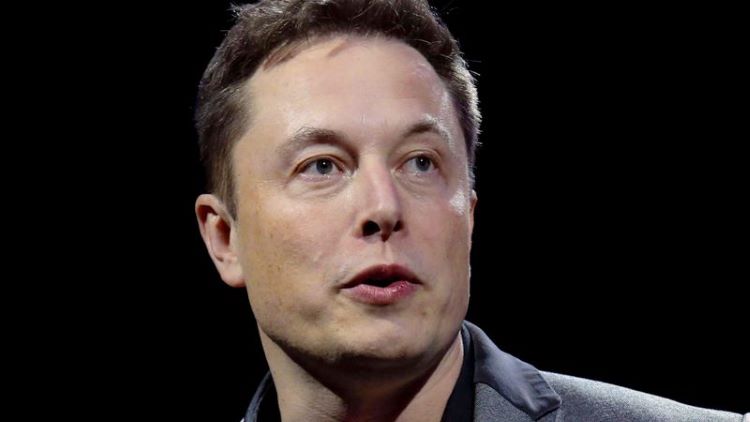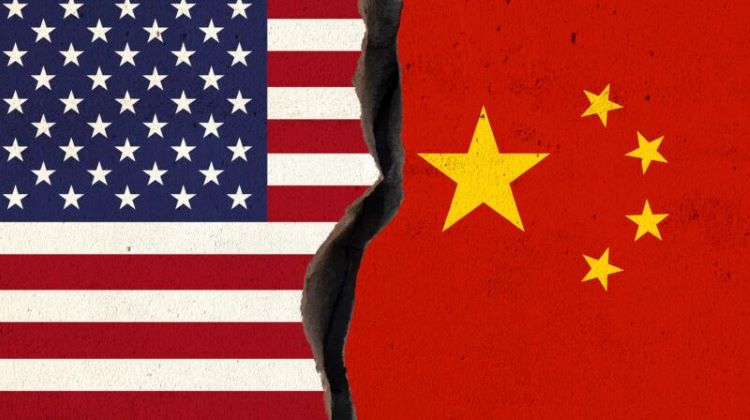Anamika Dey, editor
Brief news
- The EU has raised tariffs on Chinese electric vehicles to 45.3%, prompting China’s Ministry of Commerce to reject these duties as protectionist and unfair competition.
- China has initiated legal action through the WTO to protect its companies and is seeking constructive negotiations with the EU.
- Stock prices of major Chinese EV manufacturers, including Nio and Xpeng, declined following the tariff announcement.
Detailed news
Following the European Union’s decision on Wednesday to raise tariffs on Chinese electric vehicles to as high as 45.3%, the Chinese Ministry of Commerce has stated that it “does not accept” the duties that have been imposed by the EU on electronic vehicles manufactured in China.
The additional tariffs will be imposed on top of the usual import charge of 10% that is imposed on automobiles to the European Union. The duties will range from 7.8% for Tesla to 35.3% for SAIC Motor.
According to a translation provided by Google, the Ministry of Foreign Affairs issued a statement in which it stated that “China has repeatedly pointed out that the EU’s anti-subsidy investigation on Chinese electric vehicles has many unreasonable and non-compliant aspects, and is a protectionist practice of ‘unfair competition.'”
A “anti-subsidy” inquiry was initiated by the European Union (EU) in the year prior, alleging that electric vehicles (EVs) manufactured in China were unlawfully subsidized, which “causes or threatens to cause economic injury” to the electric vehicle (EV) sector in the EU.
In accordance with the World Trade Organization’s process for the resolution of disputes, China has already initiated legal action. According to a statement released by the Ministry of Commerce, “China will continue to take all necessary measures to resolutely safeguard the legitimate rights and interests of Chinese companies.”
A fresh round of discussions is now being conducted by both China and the European Union, according to the Chinese Ministry of Commerce, which also emphasized the fact that the EU has signaled that it would continue to negotiate with China.
Additionally, it expressed the hope that the European Union will “work with China in a constructive manner…, reach a solution that is acceptable to both sides as soon as possible, and avoid escalation of trade frictions.”
According to a story that was published by Reuters on October 25th, the two parties were considering the possibility of minimum price guarantees from Chinese producers or investments in Europe as an equivalent to tariffs.
The majority of Chinese electric vehicle manufacturers had their stock prices fall during the morning trading session on Wednesday. The heavyweight BYD was trading at the flatline, while Nio and Xpeng both saw losses of 3.07% and 0.11% respectively.
Source : CNBC News




